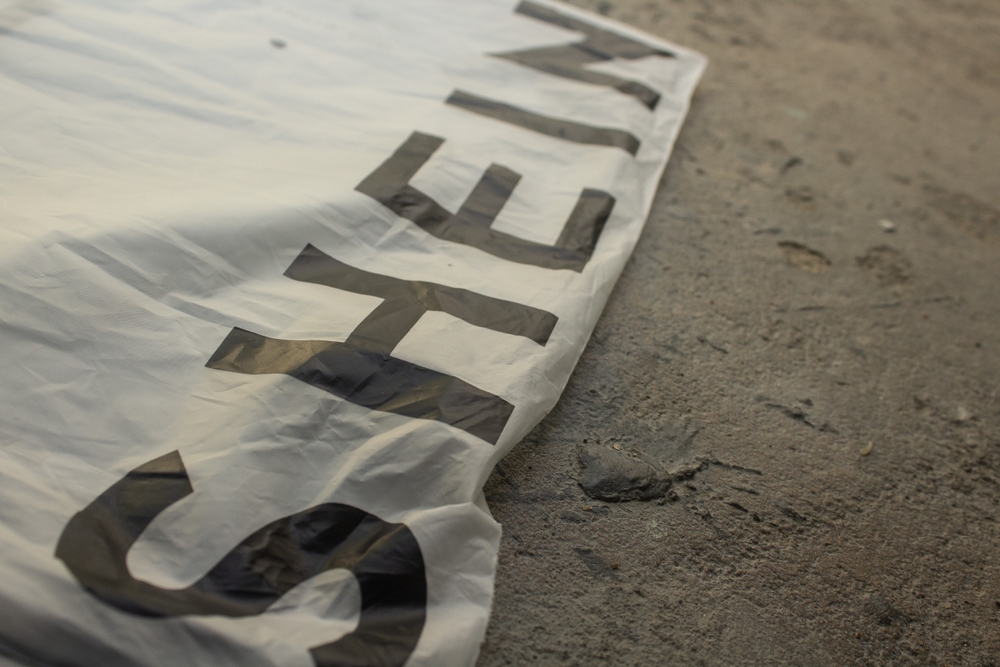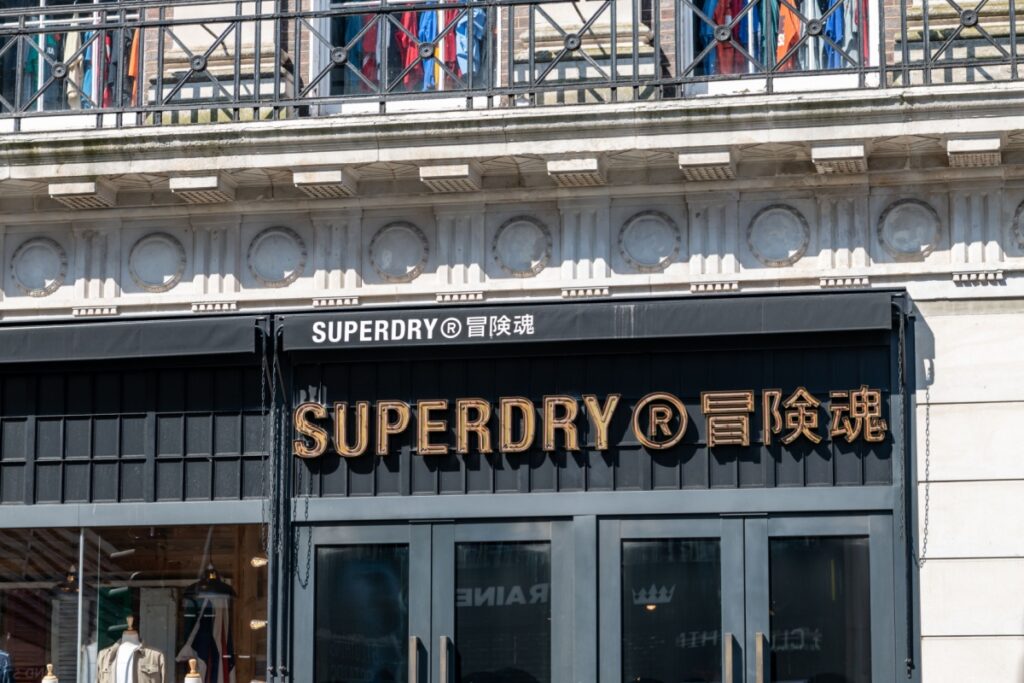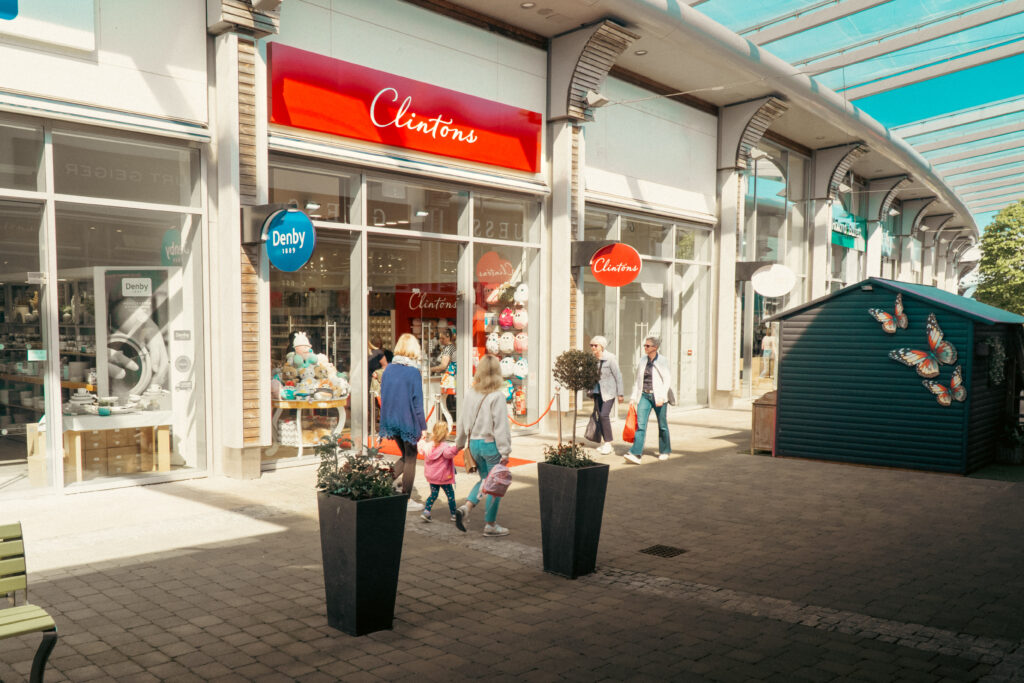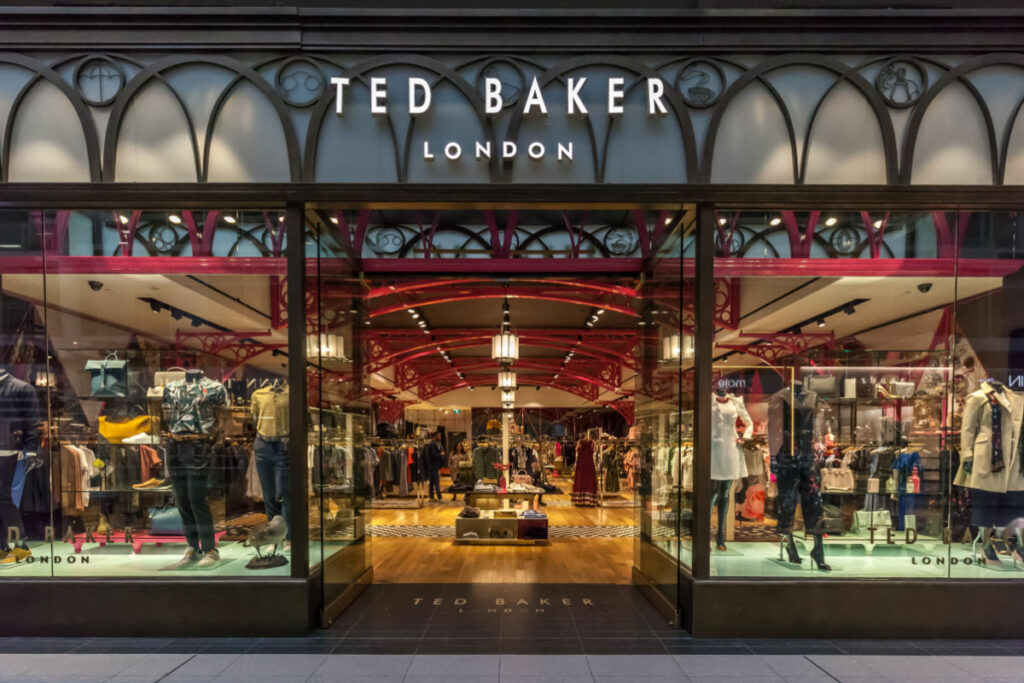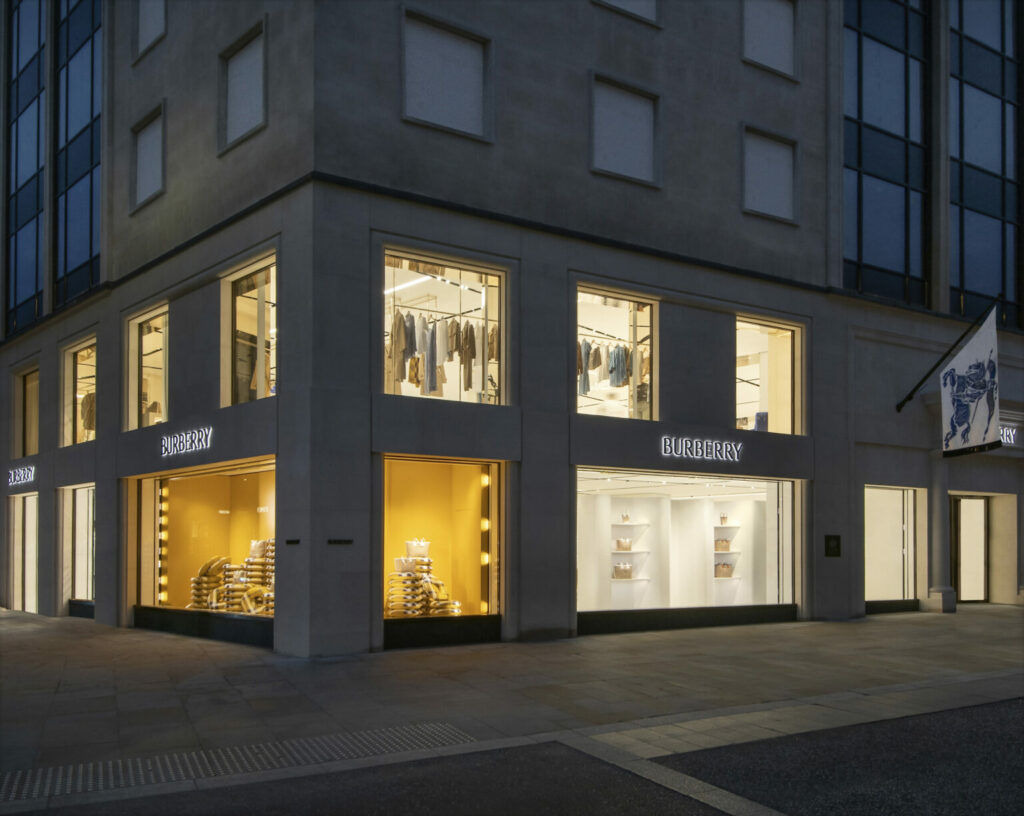The H&M Group has made a landmark pledge to use 100 per cent recycled or sustainably-sourced materials in its products by 2030.
The commitment was announced as the retail giant published its 2016 Sustainability Report today.
The Swedish company – which owns the eponymous H&M chain as well as & Other Stories, Weekday and Cheap Monkey – also promised to reduce more greenhouse gas emission than it emits, with the goal of becoming climate-positive by 2040.
“We want to use our size and scale to lead the change towards circular and renewable fashion while making our company even more fair and equal,” H&M Group head of sustainability Anna Gedda said.
“This is why we have developed a new strategy aiming to take our sustainability work to the next level.
READ MORE: H&M to open largest UK store next month
“We want to lead by example, pave the way and try new things – both when it comes to the environmental and social side – to ultimately make fashion sustainable and sustainability fashionable. Our climate positive strategy is one way of doing this.”
Some of the steps in the retailer‘s climate-positive strategy includes switching to 100 per cent renewable electricity, only using sustainable cotton by 2020 and recycled and sustainably sourced materials by 2030, as well as achieving a climate-neutral supply chain by 2030.
The company aims to collect at least 25,000 tonnes of textiles in its global stores by 2020 through its garment collecting initiative in order to recycle them into new products.
H&M Group has also teamed up with the Ellen MacArthur Foundation and the Stockholm Resilience Centre at Stockholm University to research what a “circular system” of producing and using textiles may look like.
READ MORE: H&M Group announces new brand Arket amid “rapid change” in fashion sector
The retail giant already ha a long-term strategy to become full circular, and it is currently the biggest user of cotton from the Better Cotton initiative.
In addition, last year 26 per cent of H&M‘s full product range was made from recycled or sustainably-sourced materials while 43 per cent of its cotton use came from more sustainable sources.
Alongside these environment targets, H&M revealed plans to enhance its industrial relations and fair living wage programs in eight production countries.
The company also hopes to improve the working conditions and wage management systems in 140 supplier factories, affecting 250,000 workers.
Click here to sign up to Retail Gazette’s free daily email newsletter



